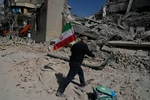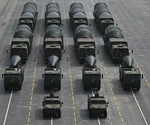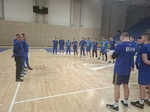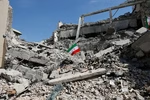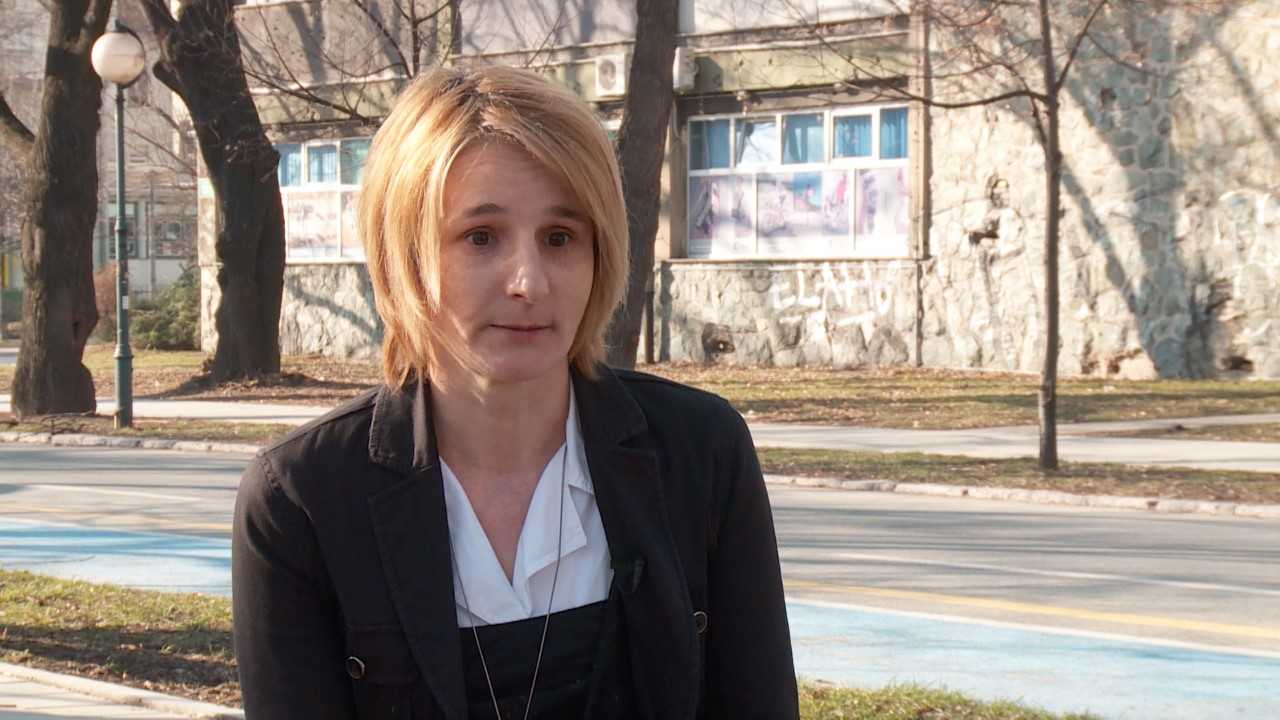
Bosnia has verified the data of 91 men, women and children currently residing in Syria, and state institution will continue working on these and other Bosnian citizens residing in camps across this Middle Eastern country, Bosnia's Security Ministry told N1, regarding the repatriation of persons who stayed on the territory of the so-called Islamic State of Iraq and Syria (ISIS).
But with the situation constantly changing in Syria an its two main detention camps for the people from ISIS, camp Roj and camp Al Hol, the Ministry said they are aware of the difficult conditions in the camps, but also noted that they are very limited in the scope of things they can do to help Bosnian citizens in the camps.
"We are fully aware of the extremely difficult situation in the said camps. Bosnia's ability to directly help is very limited which is why we are cooperating with our international partners and family members of individuals in the camps. Finding a solution for this extremely difficult and sensitive issue is a great challenge even for the much more developed countries than Bosnia," the Ministry said.
They added that Bosnian citizens who are currently in these camps "should be aware of the fact that the final resolution of this problem does not only depend on Bosnia and its institutions but on a range of factors at the international level which Bosnia has little or no effect on."
One of the first people to speak of these conditions was Alema Dolamic whose sister is still in one of these camps. In 2018, she addressed the media speaking of the conditions there and asked Bosnian institutions to start dealing with this issue.
Alema's sister and her then eight-year-old daughter were taken from Austria to Syria in 2014, by her late husband Nermin Jahic, who joined ISIS where he died in 2017.
In her latest open letter, Alema Dolamic wrote that families of persons trapped in Syrian camps are reading of people returning to their countries every day, and they know that it is possible. They wonder, she wrote, how could Kosovo, which also has no diplomatic relations with Kurds controlling the territory and camps their family members are in, returned several of its citizens, but Bosnia could not.
"Every time we or journalists ask this, we get a confusing answer. How far along is the return process and can we know when we could expect the return of women and children? We understand that Bosnia is not alone in this position, but it was said from the very beginning that Bosnia will return its citizens, and yet no progress has been made ever since," Alema wrote in her letter.
She argued that few people think of the children who have been living in those conditions for the past two years and their well being.
Alema emphasised that all the families are ready to cooperate with Bosnia's institutions and despite knowing the situation in the field is difficult, they cannot accept the fact that almost nothing has been done so far and that they have no idea of the plans and dates then their loved ones might start coming back.
Kakvo je tvoje mišljenje o ovome?
Učestvuj u diskusiji ili pročitaj komentare





 Srbija
Srbija
 Hrvatska
Hrvatska
 Slovenija
Slovenija








